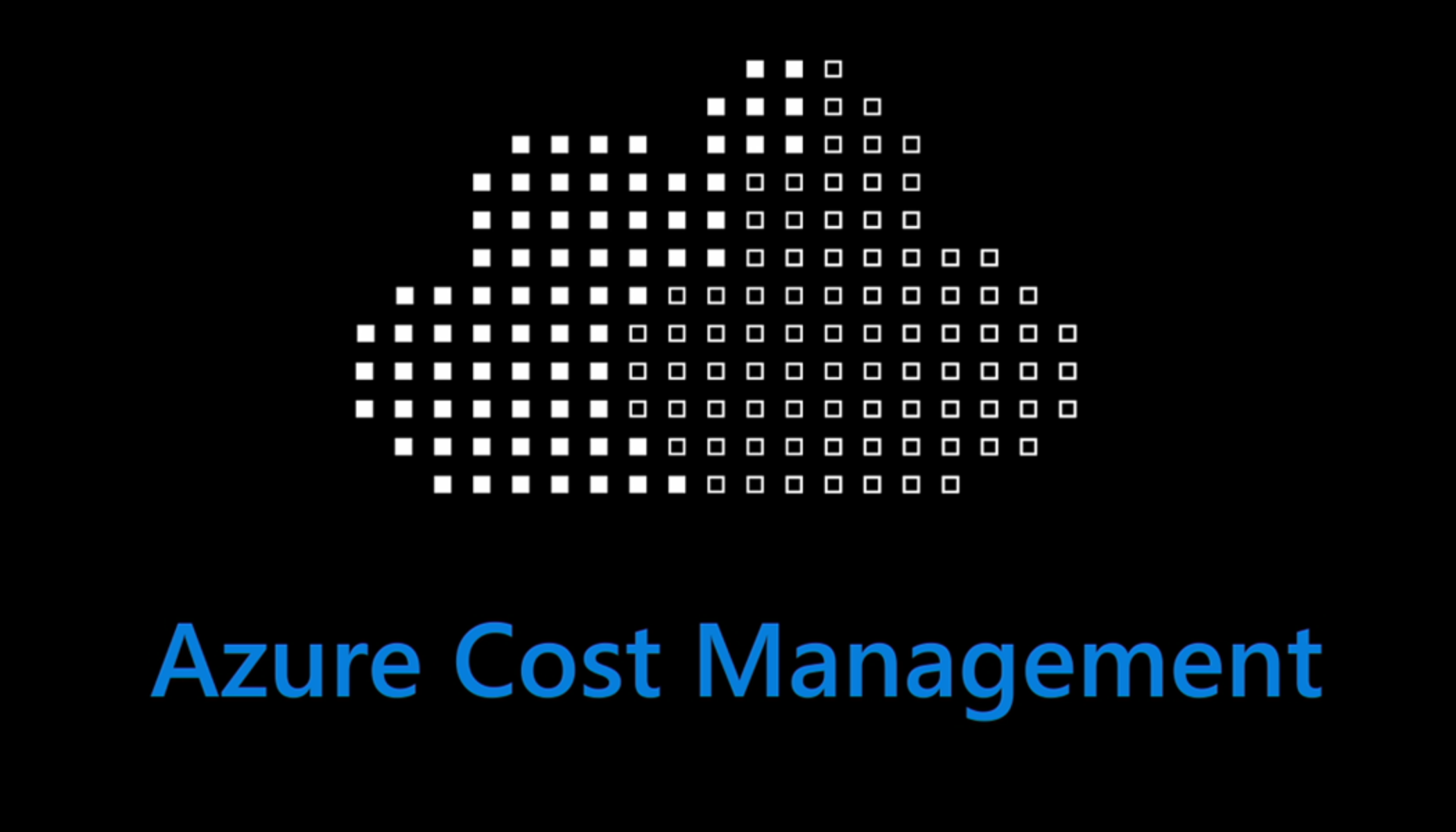
Guys, In this blog you can learn and get complete information about Azure Cost Management. Using the Microsoft cloud, you can significantly advance the technical performance of your business workloads. It can also overcome your costs and the overhead needed to handle organizational assets. Moreover, the business opportunity makes a risk because of the potential for waste and inefficiencies that are introduced into your cloud deployments. The Azure Price Management may be a bunch of tools that are provided by Microsoft that assist you analyze, manage, and optimize the prices of your workloads. By using the suite, it ensures that your organization is taking the benefits provided by the cloud.
For the Azure products and services, you only pay for what you use. As you make and use Azure resources, you are charged for the resources. As the deployment wants for new resources, the costs of your workloads can jump significantly without proper analysis and monitoring. The azure cost management can be used for:
- Conduct billing administrative tasks such as paying your bills.
- Manage billing access to costs.
- Download value and usage information that was wont to generate your monthly invoice.
- Proactively apply information analysis to your prices.
- Set spending thresholds.
- Identify opportunities for work changes which will optimize your outlay.
What is Azure Billing?
The Azure Billing is used to see your invoiced costs and manage access to billing info. In huge organizations, procure and finance groups typically conduct asking tasks.
The billing account is made after you register to use Azure. You use your charge account to manage your invoices, payments, and track prices. You’ll be able to have access to multiple charge accounts. For instance, you would possibly have signed up for Azure for your personal comes. So, you would possibly have a private Azure subscription with a charge account. You may even have access through your organization’s Enterprise Agreement or Microsoft client Agreement. For every state of affairs, you’d have a separate charge account.
How Azure Cost Management works?
The ways that Cost Management benefits you plan for and control your costs include: Cost analysis, budgets, recommendations, and exporting cost management data.
You can use cost analysis to explore and analyse your organizational costs. You can view aggregated costs by organization to understand where costs are accrued and to identify spending trends. And you can see accumulated costs over time to estimate monthly, quarterly, or even yearly cost trends against a budget.
The Budgets help you plan for and meet financial accountability in your organization. They help prevent cost thresholds or limits from being surpassed. Budgets can also help you inform others about their spending to proactively manage costs. And with them, you can see how spending progresses over time.
Recommendations show how you can optimize and improve efficiency by identifying idle and underutilized resources. Or, they can show less expensive resource options. When you act on the recommendations, you change the way you use your resources to save money. To act, you first view cost optimization recommendations to view potential usage inefficiencies. Next, you act on a recommendation to modify your Azure resource use to a more cost-effective option. Then you verify the action to make sure that the change you make is successful.
If you use external systems to access or review cost management data, you can easily export the data from Azure. And you can set a daily scheduled export in CSV format and store the data files in Azure storage. Then, you can access the data from your external system.
What is the importance of Azure Cost Management?
Although the related billing differs from cost management. The charge is the method of invoicing customers for products or services and managing the business relationship.
The Cost Management shows structure value and usage patterns with advanced analytics. Reports in worth Management show the usage-based costs consumed by Azure services and third-party Marketplace offerings. The prices square measure supported negotiated costs and thought about reservation and Azure Hybrid profit discounts. Conjointly, the reports show your internal and external prices for usage and Azure Marketplace charges. Alternative charges, like reservation purchases, support, and taxes are not nonetheless shown in reports. The reports assist you perceive your payment and resource use and may facilitate notice payment anomalies. Prognosticative analytics also are on the market. Value Management uses Azure management teams, budgets, and proposals to point out clearly however your expenses square measure organized and the way you would possibly cut back prices.
You can use the Azure portal or varied arthropod genus for export automation to integrate value information with external systems and processes. Automatic charge information export and scheduled reports also are on the market.
What are the benefits of Azure Cost Management?
Using the Microsoft cloud, you can significantly advance the technical performance of your business workloads. It can also overcome your costs and the overhead needed to handle organizational assets. Moreover, the business opportunity makes a risk because of the potential for waste and inefficiencies that are introduced into your cloud deployments.
- Conduct billing administrative tasks such as paying your bill.
- Manage billing access to costs.
- Download cost and usage data that was used to generate your monthly invoice.
- Proactively apply data analysis to your costs.
- Set spending thresholds.
Conclusion:-
I hope this article gives you an idea about Azure Cost Management. The Cost Management shows structure value and usage patterns with advanced analytics. Reports in worth Management show the usage-based costs consumed by Azure services and third-party Marketplace offerings. The prices square measure supported negotiated costs and thought about reservation and Azure Hybrid profit discounts.
Thank You!
AZURE 400
- DevSecOps Foundation Certification Program by Rajesh Kumar - July 14, 2024
- Mastering Qualitative Research: The Role of Focus Groups in Data Collection - July 11, 2024
- What is robots ops? - July 10, 2024

